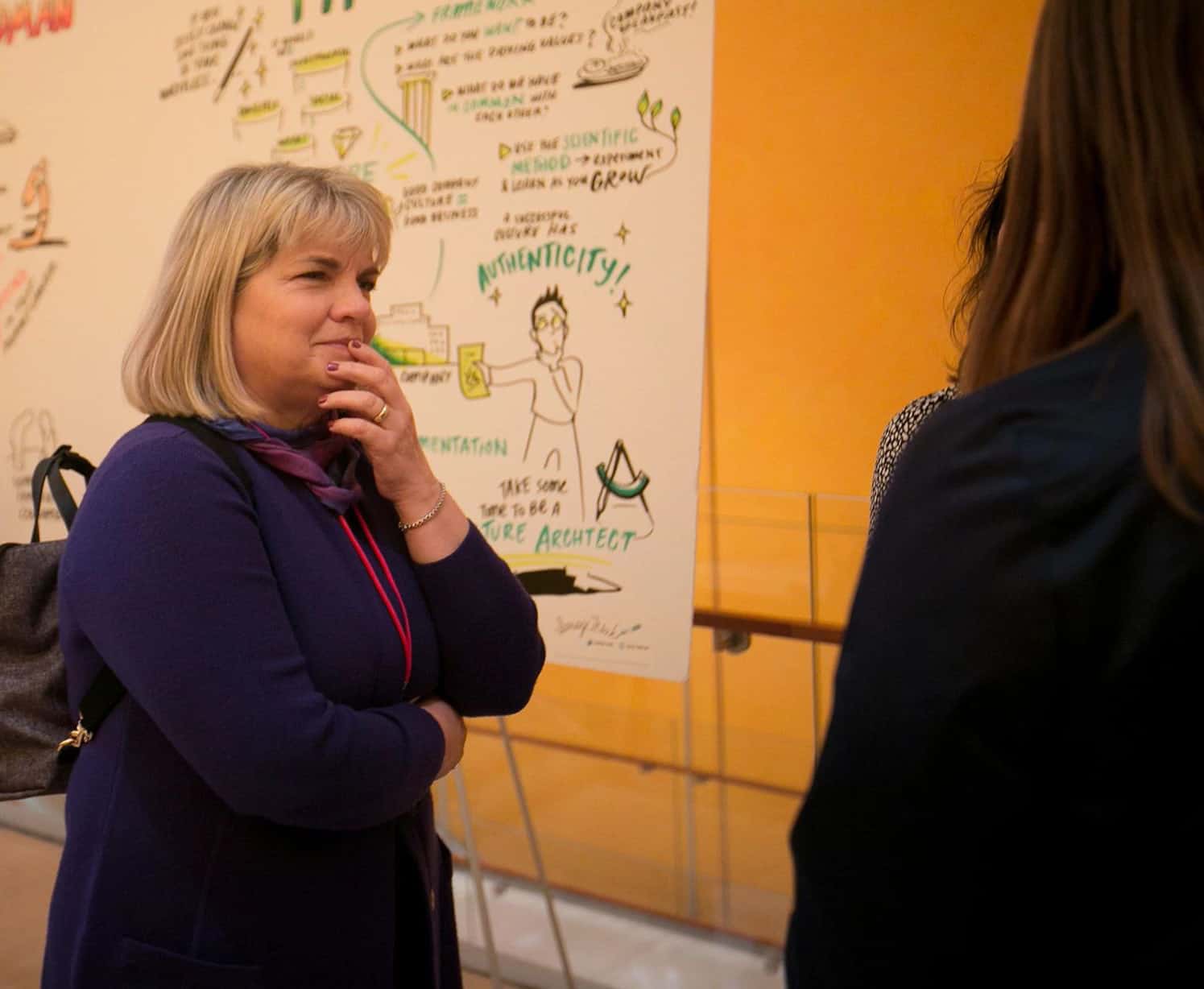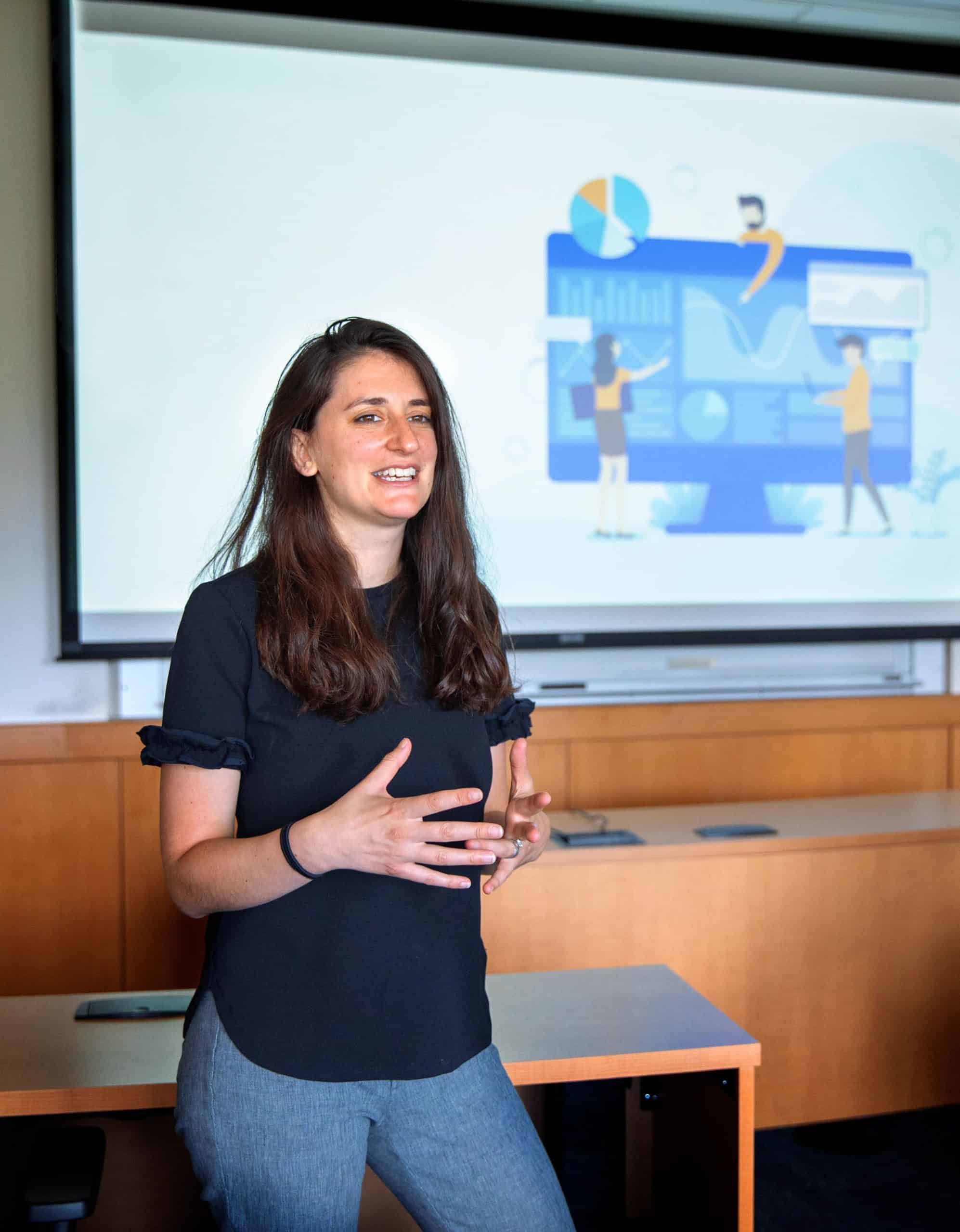Regional Instructor Training
In this training, regional I-Corps instructors learn practical strategies for creating an inclusive learning environment, teaching customer discovery methodology, and delivering “purposefully direct” feedback.
How Our Instructor Training Program Works
The IN I-Corps Hub is proud to emphasize inclusive teaching practices in our Regional Instructor Training program. Developed under the UNY I-Corps Node with funding support from the NSF, the multi-faceted program combines an online, asynchronous training course with live cohort meetings, class observations, and co-teaching experiences.
Instructors learn strategies to effectively teach customer discovery methodology and provide “purposefully direct” feedback to I-Corps course participants. They also learn how to recognize and disrupt implicit bias and create an inclusive and equitable learning environment.


Instructor Training Participants:
- Engage in an online training course with a cohort of peers (15 hours over 4 weeks)
- Complete self-guided learning activities and join 2-3 live Zoom discussions
- Develop actionable teaching strategies aligned with the I-Corps program’s goals and philosophy
- Practice “purposefully direct” feedback strategies to benefit individual teams and the entire class
- Deepen knowledge of Customer Discovery concepts, and develop useful teaching examples
- Learn to recognize and disrupt implicit bias, and create an inclusive learning environment
- Use rubrics to assess student learning, and help them determine fit and readiness for I-Corps Teams
- Observe a regional course led by experienced instructors*
- Co-teach a regional course alongside an experienced instructor*
*(These steps typically occur after the initial course, over the span of a few months)
What We Teach
I-Corps is an experiential learning program that teaches STEM faculty, students, post-docs, and other researchers how to quickly assess the translational potential of “deep technology” innovations derived from fundamental discoveries in science and engineering. Participants learn how to use customer discovery methodology to do first-hand investigation of industrial problems and processes.
Data-driven Course Design
Decisions about how best to improve the regional I-Corps course experience are data-driven and validated by the Hub’s Research and Evaluation team, based at the University of Rochester’s Warner School of Education. Since 2017, they have conducted user surveys with regional cohorts to evaluate course impact. The design of the UNY Instructor training course was driven by two of their core recommendations: 1) develop regional instructor training on how to combat implicit bias and create an inclusive learning environment; and 2) create a tool for regional teams and their instructors to self-assess national I-Corps Teams program readiness.
Nahoko Kawakyu-O’Connor, Ph.D., discusses data-driven I-Corps teaching practices.
We created a culturally-responsive teaching module to think about disrupting our biases, recognizing the humanity in each of our I-Corps participants, and to provide practical strategies for creating inclusive classrooms.
Inclusive and Equitable Teaching Practices
Dr. Deborah Streeter shares inclusive and equitable teaching practices.
The IN I-Corps Hub is proud to emphasize inclusive teaching practices in our instructor training program. We began developing this project as the UNY I-Corps Node and have shared the training materials with partners across the I-Corps National Innovation Network (NIN). Following recommendations from the UNY Node’s Research and Evaluation team, our curriculum team worked with experts in equity and anti-racism training, and inclusive teaching practices to develop an Inclusive and Equitable Teaching Practices training that is the first of its kind for I-Corps nationally.
This module combines firsthand perspectives from diverse entrepreneurs with reflection activities and practical classroom strategies that instructors can use to recognize and disrupting implicit bias. The goal is to empower regional instructors with the awareness and tools to create an inclusive learning environment for all entrepreneurs, especially women, underserved minorities, and the disabled.
Our module on inclusive teaching practices helps instructors meet the needs of our increasingly diverse set of I-Corps participants.
We have shared our instructor training with Hubs, Nodes and Sites across the National Innovation Network (NIN). It has been reviewed and recommended by the GEM I4 team.
136 Instructors
have completed the training
31 Institutions
have instructors who have completed the training
“Purposefully Direct” Feedback
Giving feedback to the teams in a regional course cohort is one of the most critical and challenging aspects of an instructor’s role. Our module on Giving Feedback to Teams guides instructors to engage “purposefully direct” feedback that is direct, but without triggering defensiveness in the learner.
The intention behind purposefully direct feedback is to communicate an empathetic stance with complete candor so that course participants can quickly move up the learning curve as they explore the process of commercializing their technologies. Being purposefully direct allows instructors to alert course participants to the importance and fast pace of the process, while preserving the integrity of the pedagogy by avoiding pushing them into the fear or intimidation zone, which shuts down learning.

About Our Instructors

IN I-Corps regional instructors combine real world entrepreneurial experience with thoughtful pedagogy. They have a mix of experiences in entrepreneurship, and teaching, coaching or mentoring, and a basic knowledge of Lean Launchpad and the Business Model Canvas.
All IN I-Corps regional instructors – both new and experienced – complete our Regional Instructor Training program. This practice has enabled us to develop a strong pool of instructors, from academic partner institutions across our geographic region, who can deliver regional courses with excellence and consistency.

